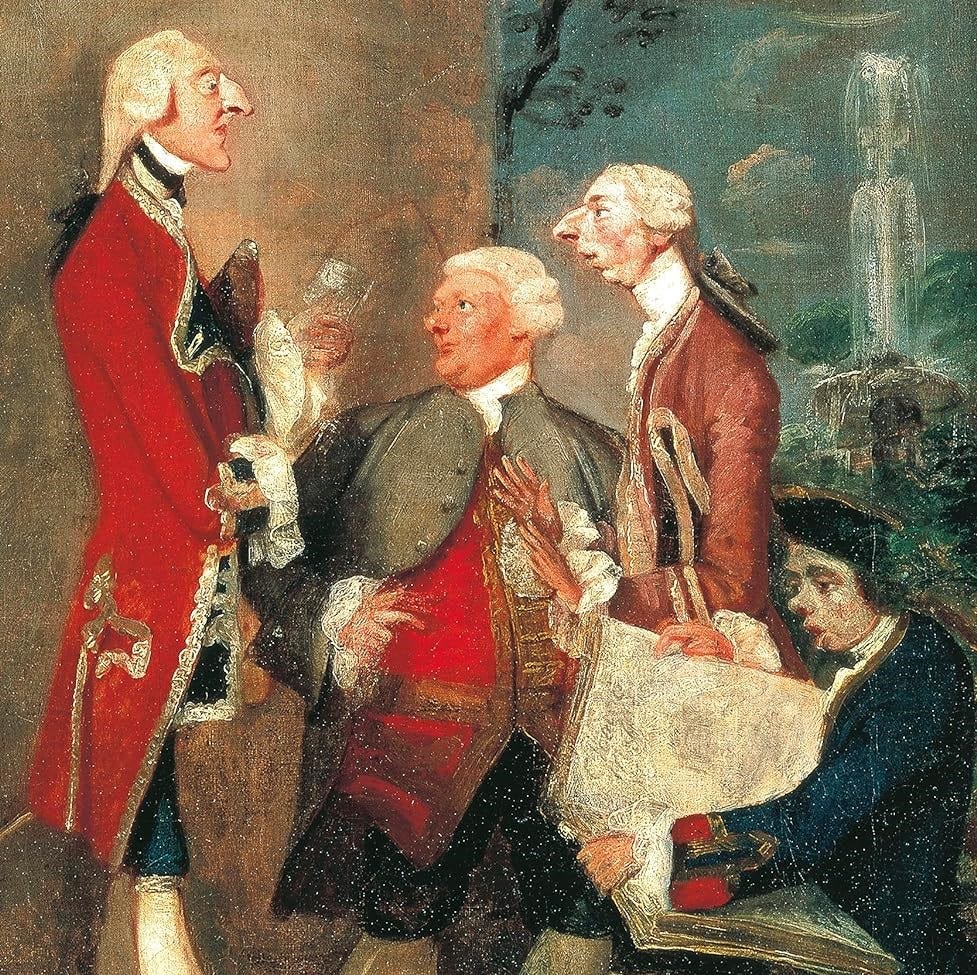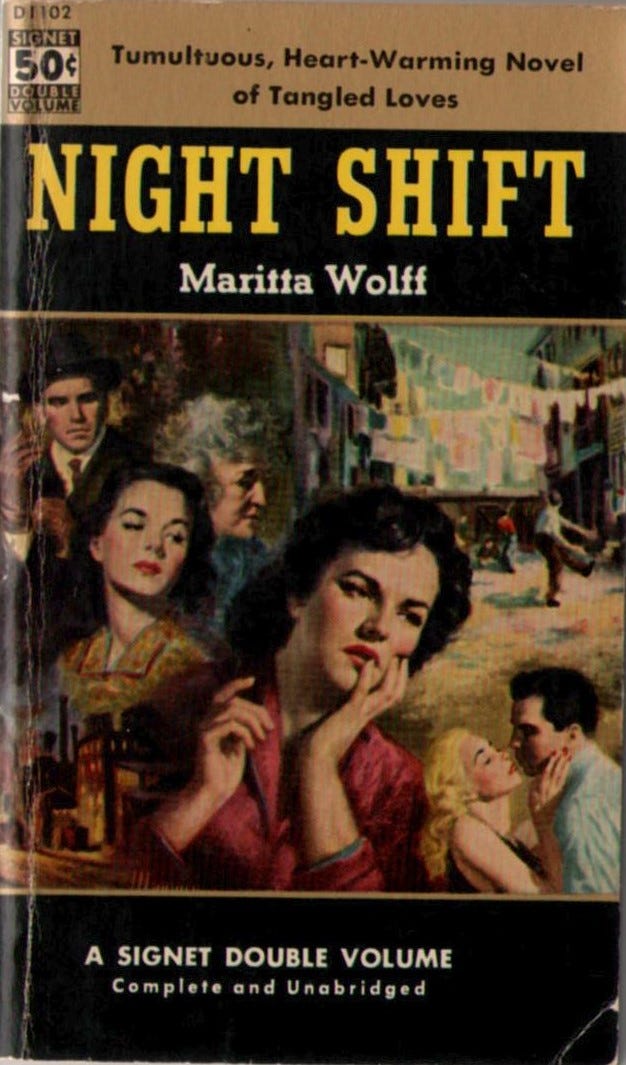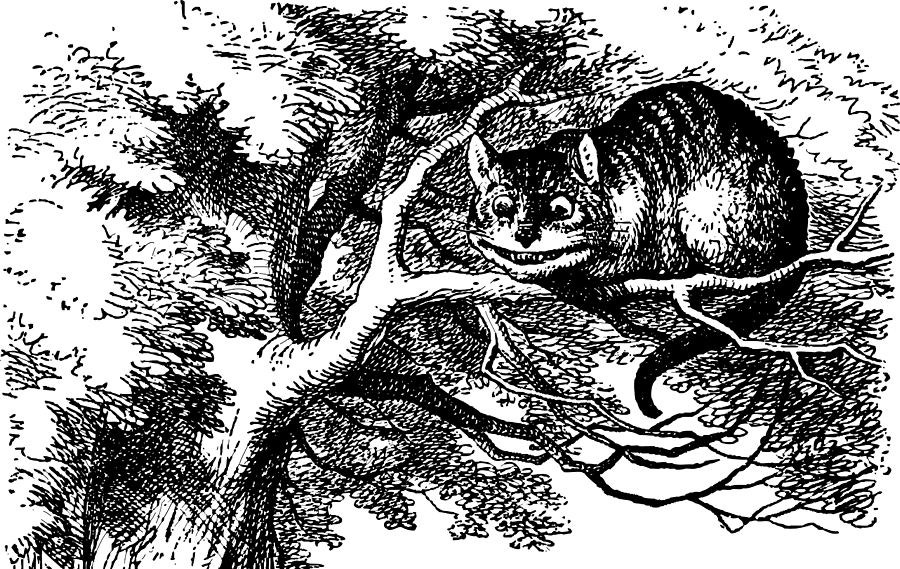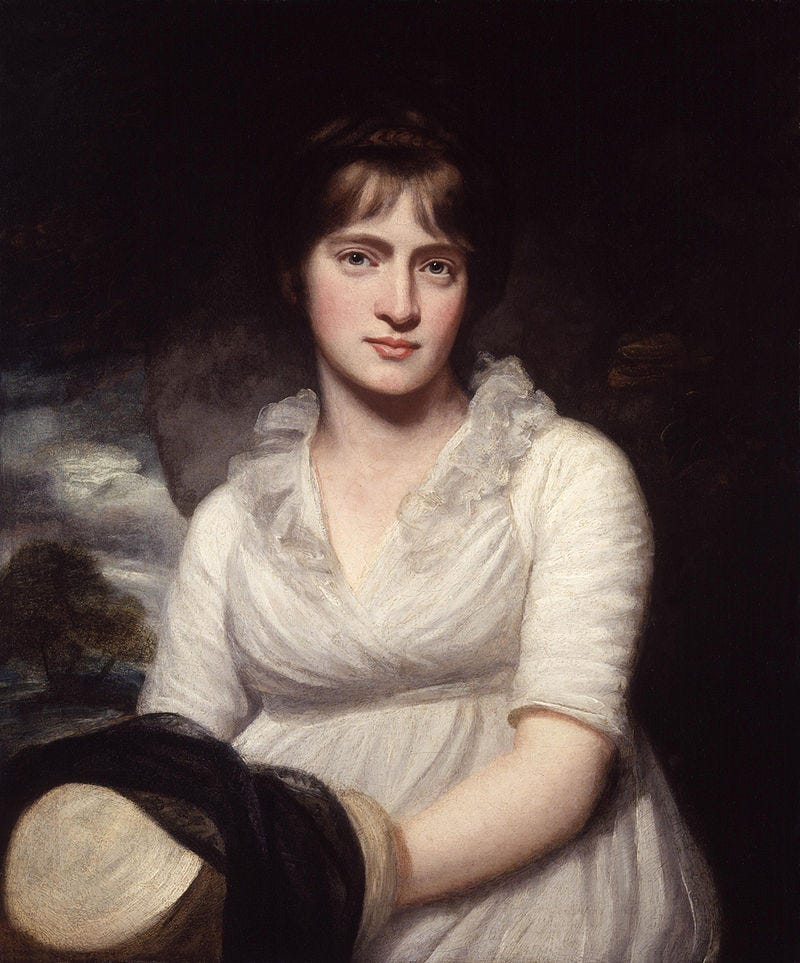[Note: Put cursor over footnote and pop-up will pop up.]
Greetings, all.
This is the last post until we emerge from the Holiday Vortex. In the meantime, I wish you and yours good health, respite from worries and demons, a wee drop o’ wassail, and a few quiet interludes in which to disappear with a book.
Until then, here’s a basketful of fives and sixes):
Six Reads Born of Whimsy:
The Night Circus, Erin Morgenstern ( 2011)
To Say Nothing of the Dog, Connie Willis (1997)1
Trout Fishing in America, Richard Brautigan (1967)
Puckoon, Spike Milligan (1963)
The Little Prince, Antoine de Saint-Exupéry (1943)
The Life and Opinions of Tristram Shandy, Gentleman, Laurence Sterne (1760-66)
Five Bad Books by Good writers:
I Am Charlotte Simmons, Tom Wolfe (2004)
Timequake, Kurt Vonnegut (1997)
The Breast, Philip Roth (1972)
Across the River and Into the Trees, Ernest Hemingway (1950)2
A Week on the Concord & Merrimack Rivers [travel/essay], Henry David Thoreau (1849)3
Six Good Reads with Skimpy Titles:
XO [essay/memoir], Sara Rauch (2022)4
Pew, Catherine Lacey (2020)
Ice, Anna Kavan (1967)
V, Thomas Pynchon (1963)
Go, John Clellon Holmes (1952)
She, H. Rider Haggard (1887)
Five Numericals:
11/22/63, Stephen King (2011)
1776, David McCullough (2005)
2666, Roberto Bolaño (2004)
334, Thomas Disch (1972)
1984, George Orwell (1949)
Six Cafés:
Before the Coffee Gets Cold, Toshikazu Kawaguchi [trans. by Geoffrey Trousselot] (2015, Japanese//2019, English)
In the Café of Lost Youth, Patrick Modiano [trans. by Chris Clarke] (French, 2007//English, 2016)
The Falling Boy, David Long (1997)
Bailey’s Café, Gloria Naylor (1992)
Fried Green Tomatoes at the Whistle Stop Café, Fannie Flagg (1987)
The Ballad of the Sad Café and Other Stories [stories], Carson McCullers (1951)
Five 1950s Signet Pulps by Women That Are Actually Good Novels:
Wise Blood, Flannery O’Connor (original 1952//Signet 1953)
Meg, Theodora Keogh (original 1950//Signet 1951)5
The Street, Ann Petry (original 1946//Signet 1954)
Lily Crackell, Caroline Slade (original 1943//Signet 1950)
Night Shift, Maritta Wolff (original 1942//Signet 1954
Six Wintry Reads:
How High We Go in the Dark, Sequoia Nagamatsu (2022)
The Terror, Dan Simmons (2007)
The Coldest Winter: A Stringer in Liberated Europe [memoir], Paula Fox (2006)6
Smilla’s Sense of Snow, Peter Høeg (1992)
Dr. Zhivago, Boris Pasternak (1958)
Ethan Frome, Edith Wharton (1911)7
Six Good Novels by Writers You’ve Probably Never Heard Of:
August Heat, Beth Lordan (1989)
In Shelley’s Leg, Sara Vogan (1981)8
Mojo Hand, J. J. Phillips (1966)
Daisy Kenyon, Elizabeth Janeway (1945)9
Nobody Starves, Catherine Brody (1932)
Adeline Mowbray, Amelia Opie (1804)10
Six More Good Novels by Writers You’ve Probably Never Heard Of:
Wonderful Women By the Sea, Monika Fagerholm (1994)
The Moonflower Vine, Jetta Carleton (1962)
Odd Girl Out, Ann Bannon (1957)
The Blank Wall, Elisabeth Sanxay Holding (1947)11
Black Cherries, Grace Stone Coates (1931)
The Morgesons, Elizabeth Stoddard (1862)
What’re You On?
On the Mystic Lake, Kristin Hannah (1999)
On the Black Hill, Bruce Chatwin (1982)
On the Road, Jack Kerouac (1957)
On the Beach, Nevil Shute (1957)
On the Shortness of Life, Lucius Annaeus Seneca (49 AD)
What’re You Under?
Under the Harrow, Flynn Berry (2016)
Under the Skin, Michael Faber (2000)
Under the Frog, Tibor Fischer (1992)
Under the Glacier, Halldór Laxness (1968)
Under the Volcano, Malcolm Lowry (1947)
Under the Sea Wind [natural history], Rachel Carson (1931)
What’re You After?
After This, Alice McDermott (2006)
After Dark, Haruki Murakami (2004)
After the Quake [stories], Haruki Murakami (2000)
After You’d Gone, Maggie O’Farrell (2000)
After Rain [stories], William Trevor (1996)
After Many a Summer Dies the Swan, Aldous Huxley (1939)12
That Huxley book has a great old-school title—bit of purloined quote, from Tennyson, it turns out. A few more?
Two Sci-fi Titles Too Classic to Omit:
Do Androids Dream of Electric Sheep?, Philip K. Dick (1968) Something Wicked This Way Comes, Ray Bradbury (1962) Two Booker/International Booker Winners:
At Night All Blood Is Black, David Diop [trans. by Anna Moschovakis] (2018, French//2020, English)
How Late It Was, How Late, James Kelman (1994)
Three from my Life List:
I Love You But I’ve Chosen Darkness, Claire Vaye Watkins (2021)
Let It Scream, Let It Burn [essays], Leslie Jamison (2019) Because It Is Bitter, And Because It Is My Heart, Joyce Carol Oates (1990)Note: I’ve kept the footnotes to a bare minimum this week. But faithful readers of this Stack will recognize titles footnoted in earlier posts.
***And finally . . .
I know what’s been troubling many of you: What to get David’s Lists 2.0 for Christmas. You’ve gotten as far as: How about a book?? Then thought: But David’s Lists 2.0 already has a ton of books. I feel your frustration. Yet the solution couldn’t be simpler: Each of you can procure David’s Lists 2.0 one brand new subscriber/follower.
Willis: Willis’s title is a good joke. Some of you will get it. Those who don’t should take a dive into Victober next year.
Across the River . . . BFN.
Thoreau: Henry David was close to brother John, who died a couple of years after the two took the canoe trip, so I assumed this book, written in solitude at Walden Pond, would be intensely personal, chock full of interesting brother stuff. Um, no. Chock full of tedious/ turgid philosophical maundering. Bigly disappointing.
Rauch: Sara was one of our students at the Pacific University low-res MFA program. We love it when former students publish books. Especially when the books themselves make us forget we’re reading an ex-student’s book(!).
Paula Fox: Also a writer of children’s books. Her adult novels include Desperate Characters (1970), The Widow's Children (1976) and The God of Nightmares (1990).
Ethan Frome: I plug this one whenever I can. Falls under the “slim heartbreaker” banner. Wharton always seemed like the consummate New Yorker—the city, society, money . . . but this book is as New England as it gets. And wintry.
In Shelly’s Leg: Women’s softball in Missoula, Montana, and a bar named after a missing limb. Sara was a good friend in my way-back time. An early loss.
Janeway: The surname rings a bell because her husband, Eliot, was a journalist/economist who advised Lyndon Johnson. But Elizabeth was a well-respected writer in her day, and served on the committees for major literary awards. Why does it always surprise me when writers so quickly slip from the public mind?
https://en.wikipedia.org/wiki/Elizabeth_Janeway
Opie: You don’t really need to know this but I feel like sharing: Opie was married to a portraitist, John Opie, who painted a number of well-known figures of the day. The often- reproduced picture of Mary Wollstonecraft [mother of Mary Shelley and author of A Vindication of the Rights of Woman (1792)] is by Opie. But it’s the portrait of his wife that truly seems to glow:
Here’s a link for this book, but it’s really to introduce you to Persephone Books; one of their missions is to republish a whole cadre of women writers like Holding. They’re a rich resource. https://persephonebooks.co.uk/products/the-blank-wall
Huxley: https://en.wikipedia.org/wiki/After_Many_a_Summer










You deserve more reader comments, D.L.
The problem - who reads?
What we are facing into is an electronic version of The Burning of The Great Books of The Western World, albeit more slowly and on a non-linear trajectory. One subject of my next essay. This outcome is no accident.
In the mean time and perhaps of interest . . .
Of Washington's lost Ukrainian Proxy War to weaken Russia and pillage its resources, perhaps the greatest and most feckless imperial play, something of a progress update.
The long and rich history of the contemporary genocides of the cultured, cultivated Europeans, The Americans and the Brits., to nominate yet a few.
https://les7eb.substack.com/p/genocide-and-economics
Free to subscribe . . . The Dead Do Not Die.
_____________
I've been carrying around a paperback copy of "In Shelly's Leg" for about 20 years. It's still unread. Which is crazy to me since I live just a softball pitch away from Missoula. Your mention of Sara Vogan's book has made me think I need to go unbury that Leg and read it.